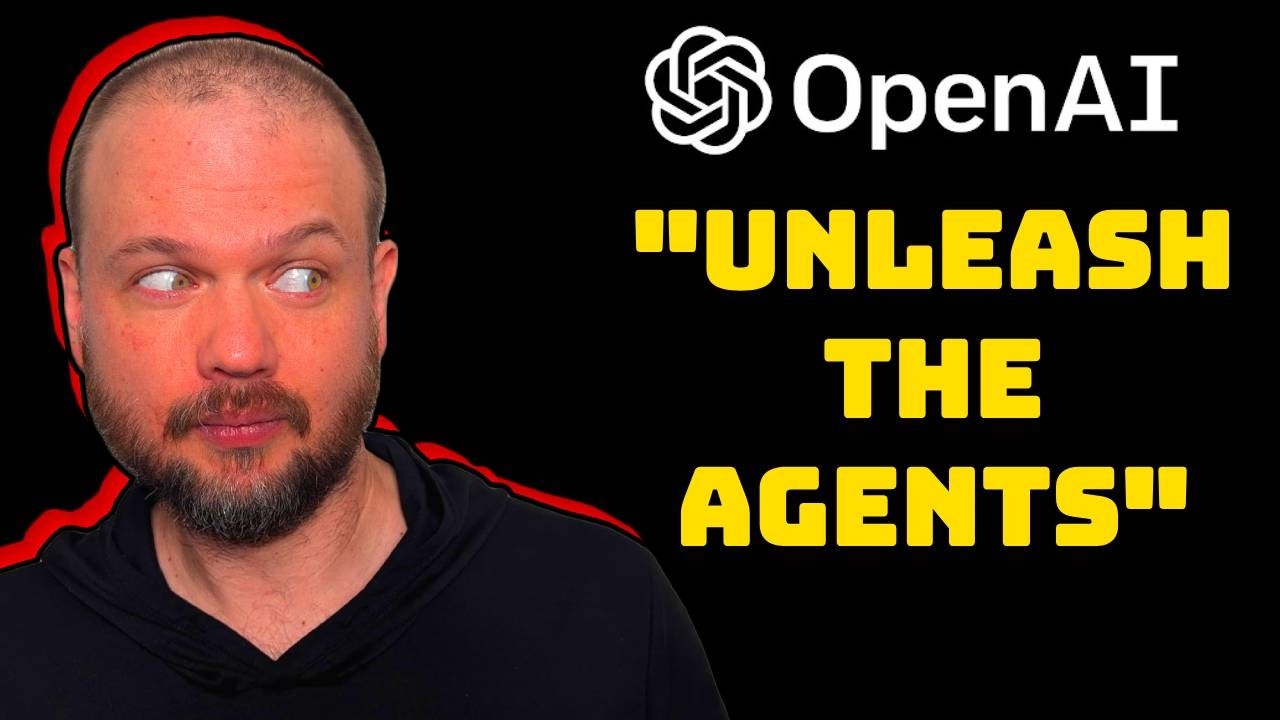OpenAI has introduced MLE-bench, a benchmark for evaluating AI agents in machine learning engineering, raising questions about the potential for AI to surpass human researchers in conducting AI research. The video discusses the implications of this advancement, including the possibility of a recursive self-improvement cycle in AI, while also highlighting ethical concerns regarding the rapid development of AI capabilities.
OpenAI has recently introduced the MLE-bench, a benchmark designed to evaluate machine learning agents in the field of machine learning engineering. This development is significant as it raises critical questions about the future of AI, particularly regarding the potential for AI systems to surpass human capabilities in conducting AI research. As AI models continue to improve, there is speculation that they may soon be able to perform tasks traditionally reserved for human researchers, leading to a recursive self-improvement cycle where AI can enhance its own capabilities.
The video discusses the implications of AI models becoming proficient in AI research, referencing insights from experts like Leopold Asher Brer, who predicts that by 2027, AI could match or exceed the best human researchers. The conversation touches on the transformative potential of AI in various fields, including robotics and biology, but emphasizes that the most pressing concern is when AI will be able to conduct AI research better than humans. This could lead to an intelligence explosion, a scenario where AI rapidly improves itself, raising both excitement and concern about the future.
The MLE-bench leverages competitions from platforms like Kaggle, where AI agents are tested on real-world machine learning engineering tasks. These competitions cover a range of skills essential for machine learning, such as model training, dataset preparation, and experimental execution. The benchmark aims to establish human performance baselines and assess how well AI agents can perform these tasks, providing insights into the current capabilities of AI in this domain.
The video highlights the performance of OpenAI’s models, particularly the latest version, which has shown promising results in competitions. The combination of advanced AI models and tailored scaffolding—automated workflows designed to assist the AI—has led to significant achievements, including securing bronze and gold medals in various competitions. This performance indicates that AI is making strides in machine learning engineering, although it is still early in the process of determining how capable AI will ultimately become in this field.
Finally, the discussion raises important ethical considerations regarding the rapid advancement of AI capabilities. While the potential for accelerated scientific progress is exciting, there is a cautionary note about the risks associated with AI models that can improve themselves faster than humans can understand or control them. The video concludes by inviting viewers to reflect on the implications of these developments and share their thoughts on the future of AI research and its potential impact on society.
